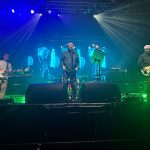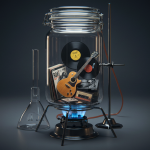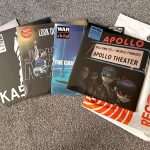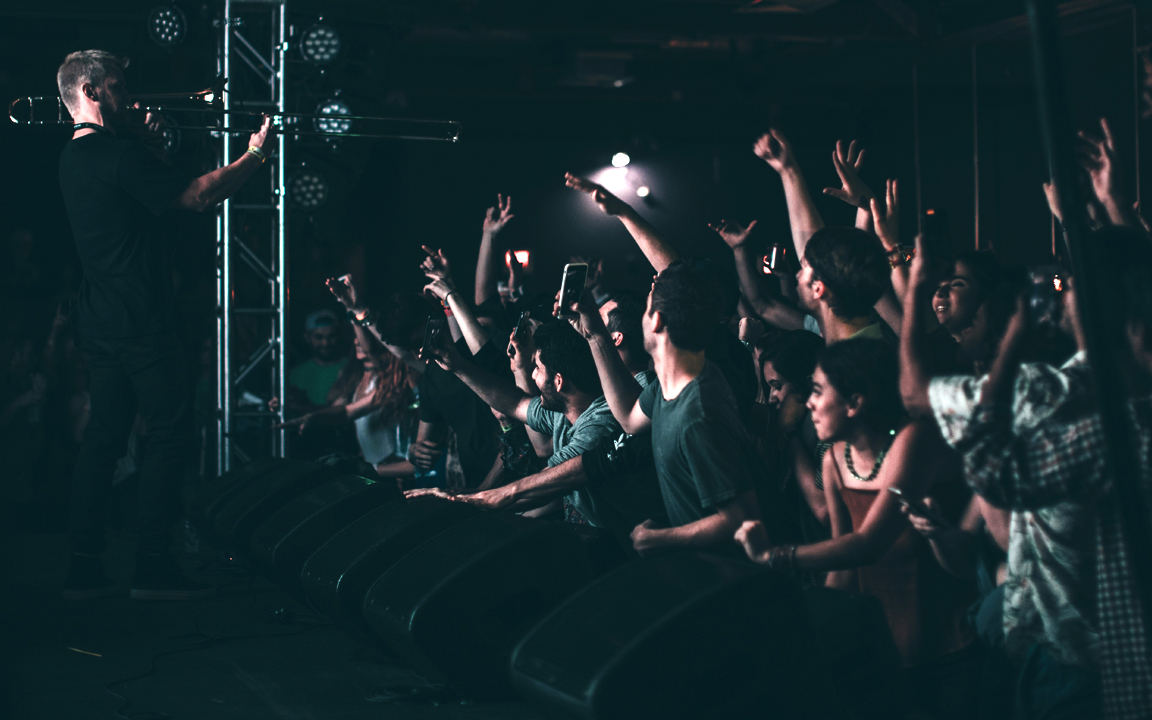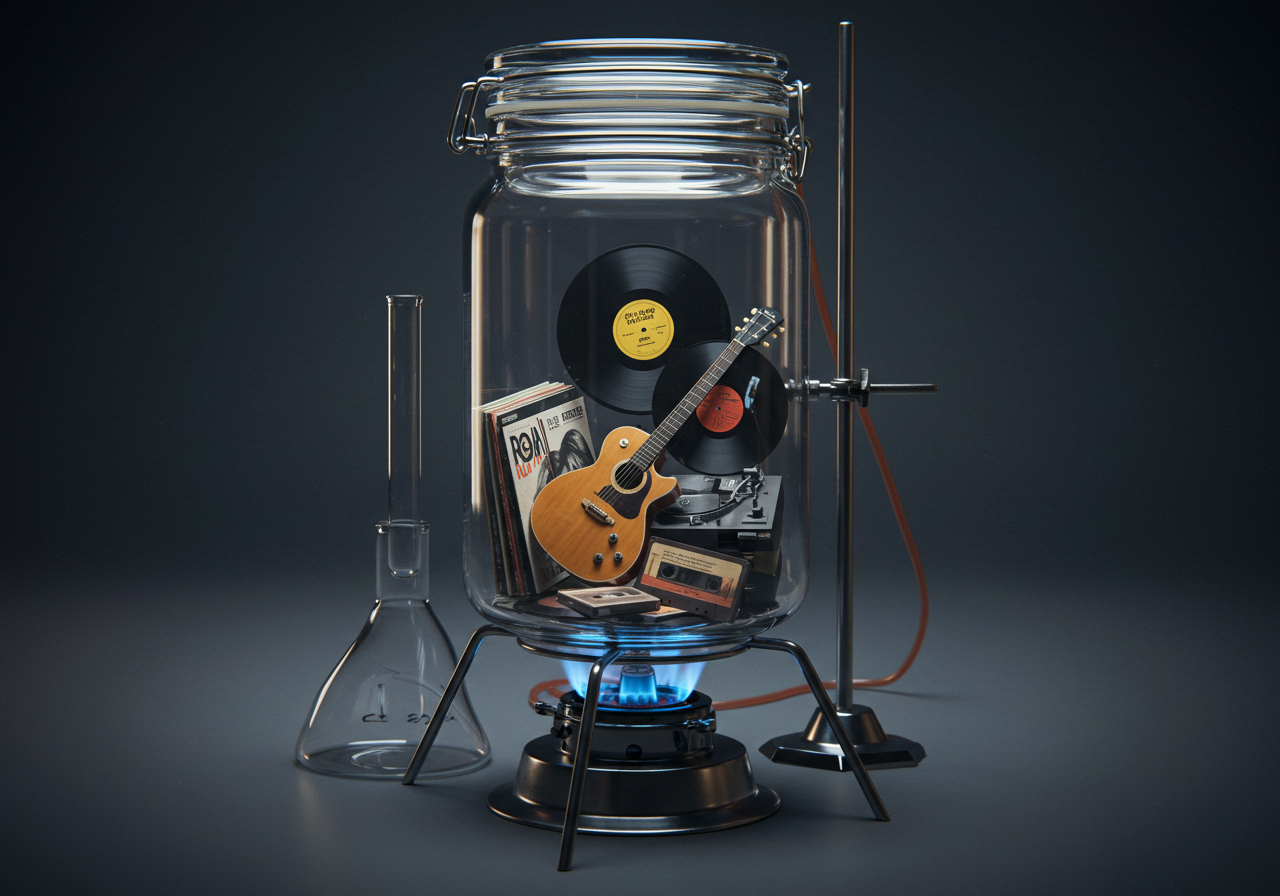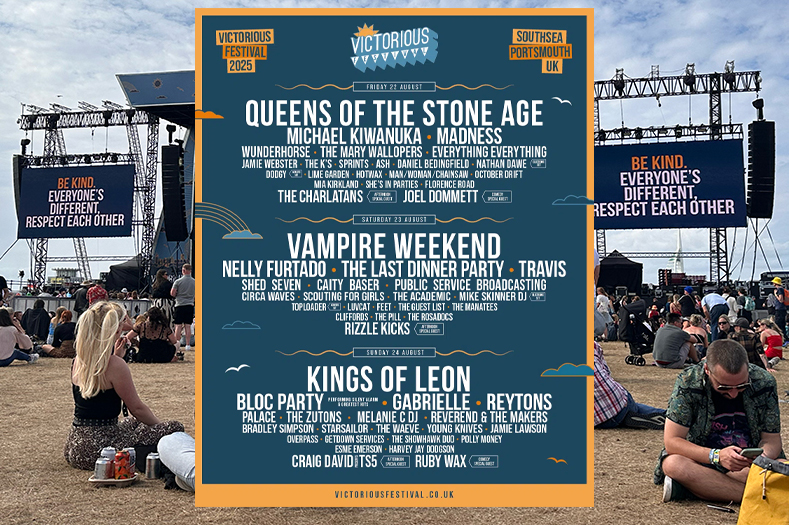The BBC and many other news and music sites say, ‘Music is back’ as sales hit a 20-year high’. To put that into perspective, 20 years ago was obviously 2005, iTunes had been released in 2001 so the ‘world’ was making the shift to digital music.
Cars still mostly had CD players, some still had cassette players. At one point I had one of those cassette tape connectors to an 2nd Generation 4Gb iPod. Physical music was far from gone, most people I knew just bought and shared CDs then ripped copies into the Apple Macs to add music to iPods or burn CDs to use in the car. Written in January 2025, the headline of the BBC article is a tad misleading on finer details of the actual years when tech was changing rapidly as it then goes onto to say:
“music fans in the UK spent more on recorded music in 2024 than ever before, new figures show.
Streaming subscriptions and vinyl sales shot up, with consumers spending a total of £2.4 bn over the last 12 months.
That overtakes the previous high of £2.2bn, achieved at the peak of CD sales in 2001.” – BBC
As mentioned above 2001 was the year iTunes appeared along with iPods and other .mp3 players sold with their own software. The year that achieved a peak in CD sales was also the start of its demise as it loses its grip to digital.
Where is the disconnect with live music?
So with such a high sales in music across all platforms, why is the live music scene struggling at some levels? I need to clarify this as those who witnessed tours such as Taylor Swifts, The Foo Fighters, The Eagles, Madonna or Springsteen would testify that live music is doing just fine.
It is not, the layers below that are struggling. Most weeks I read about venues dissspearing or being saved by the skin of their teeth. In a Guardian article from a year ago in 2024.
“There were 960 grassroots music venues in 2022, but that number dropped by 125 last year, with around half of those closing altogether and the other half ceasing live music provision.” – The Guardian
For certain artists such as Taylor Swift a percentage of her audience would be too young for a lot of live venues but they should be aspiring to go to them, to get hooked into live acts.
“Between March 2020 and June 2023, the number of nightclubs in the UK fell by 30%, from nearly 1,700 to 873.”
“Despite the significant losses among nightclubs, the market has seen a growing diversity of alternative high-tempo experiences, and bar numbers have fallen by only 3.1%since March 2020—a fraction of the 30.0%drop in nightclubs.” – cgastrategy
The new generation is into ‘high-tempo experiences’, what are they? Music, Exercise or Social Gatherings. There is hope for the younger generations? Or does the gig format not suit their idea of a night out? The music when playing is the most important thing not the background stopping social elements of the night? Drinking out is on the decline so maybe going out to not drink and not talk until after is not in the foresight of nights out?
Most gigs are finished by 10.30, Gen Z don’t go out until then these days so why not double up, start the night at a gig and go on from there? – I would.
When I saw the Lightning Seeds for the second time this year, this time on the 35 years tour. It was an older crowd and I kept hearing comments such as “I’ve not been to a gig for ages” or “my first concert this year!”, it was November so you’re not fitting many more in. I’ve been to Hyde Park where I saw Pearl Jam supported by The Stereophonics and Johnny Marr on a Saturday. It was absolutely heaving by the time Pearl Jam took to the stage, how many people skipped the support and the other bands in attendance such as Imelda May or The Wild Things. So is that selective nostalgia for the audience? Is it too much effort?
Cost of living crisis, at the Foo Fighters or the last Depeche Mode concert and I’ve been to other concerts like this, some of the crowd would rather spend time walking to and from the bar (you can see the anger in those being pushed past regularly) as was more important than the music? Yes I’m being judgemental but as I said it’s my blog!
So the older generations enjoy nostalgia just not too often. The younger generation are not engaging as they are looking for high-tempo experiences that are social, that’s if they even go out?
So what’s the answer for the venues?
At the risk of fronting an opinion, again it’s my blog so I’ll say what I want to? I don’t think all local gigs are advertised as well as they could be. If you only target the current audience that’s about all that will find out, coupled with a misbelief that social media is enough. Social media is a powerful tool that needs to be utilised to its full potential but it’s not going to jump up shouting to those not searching in its targeted vicinity.
“If you book them they will come” doesn’t hold true in most occasions. Venues (not all) seem to often to rely on people finding them, not an old-school way of telling people what they’re missing, putting the listing along with a proper sell in front of them.
We need live music, in my teens I chased gigs, my Uni days were 5-7 nights a week in the Laughing Pirate in Falmouth, a band every night, two on a Friday, two on a Saturday and a Jazz cafe on a Sunday, it was a very social place. These places are important, The Pirate is sadly long gone but not forgotten by many.
If Music is back, let’s enjoy it to the full in the format it is supposed to be listened to and advertise it to the world if only to remind them it’s there and they might just be missing out!
Photo by Andre Benz on Unsplash


